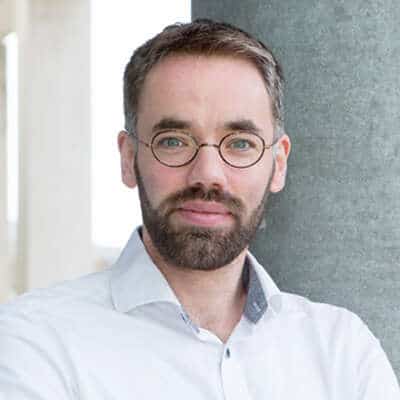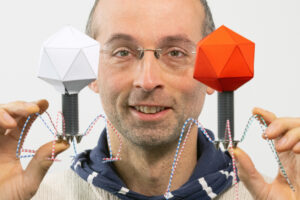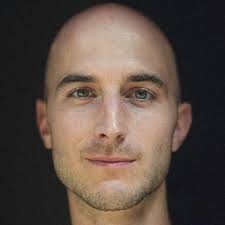Steering bacteria evolution within-host
Evolution is an inexorable force that hinders our best efforts to control infectious diseases. When it comes to pathogenic bacteria, the conventional approach “shoot antibiotics first, ask questions later” has undoubtedly saved many lives but has led to widespread resistance. To effectively address the challenges of the looming post-antibiotic era, we must seek solutions based on a comprehensive understanding of pathogen evolution in relevant ecological contexts. A crucial aspect of bacterial infections is that pathogens rarely exist in isolation within their respective niches. The host harbors diverse microbial communities that compete with invading pathogens, and mutants from pathogenic strains compete with each other during infections. Our work focuses on the key role of competitive exclusion in pathogen evolution. I will present recent findings that illustrate how this fundamental ecological concept can lead to evolutionary robust solutions to combat bacterial infections.
Short bio
Médéric Diard is an assistant professor at the Biozentrum, University of Basel, specializing in evolutionary infection biology. His research focuses on the evolution of pathogenic bacteria in the gut, exploring variability during infection and developing innovative biocontrol strategies. He earned his Doctor of Sciences from Paris Diderot University and has been leading his research group at the Biozentrum since June 2018.
Laboratory of the speaker
Diard Group , Biozentrum of the University of Basel, Switzerland
Invited by
Marie-Agnès Petit




